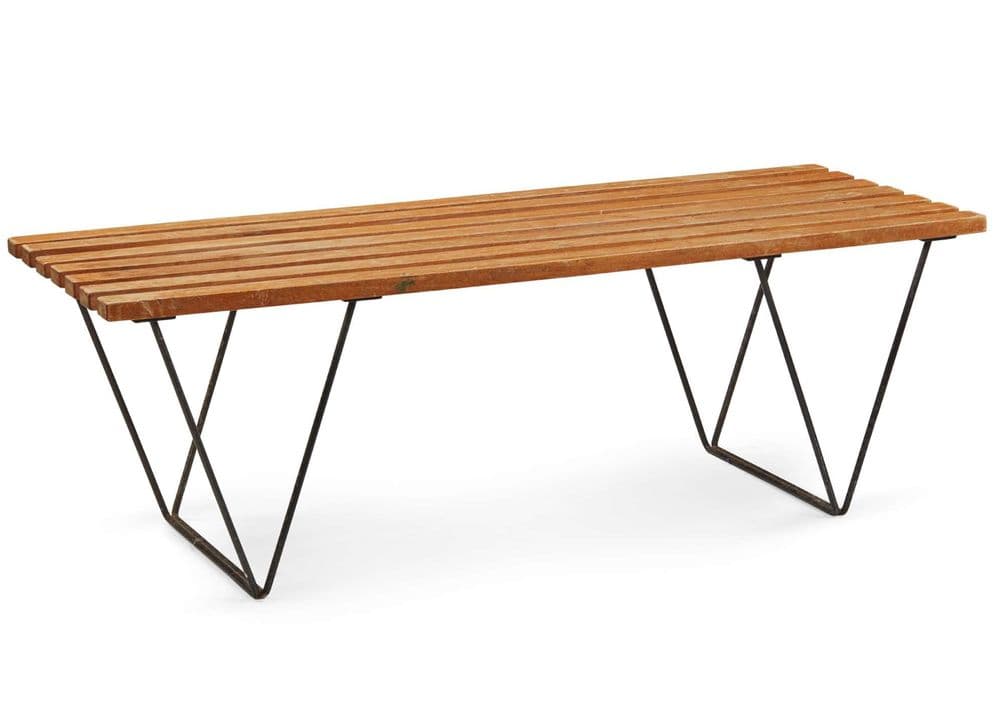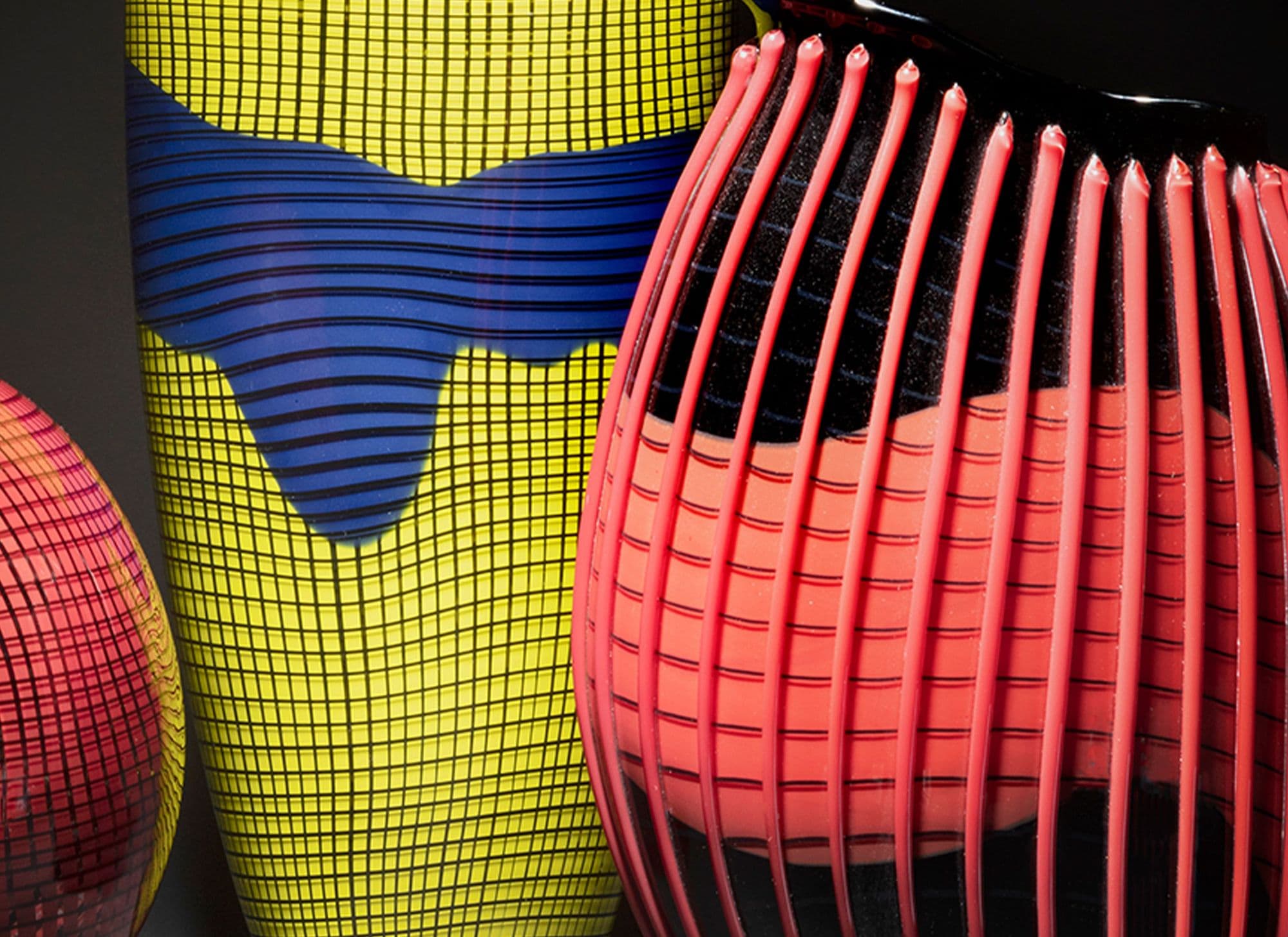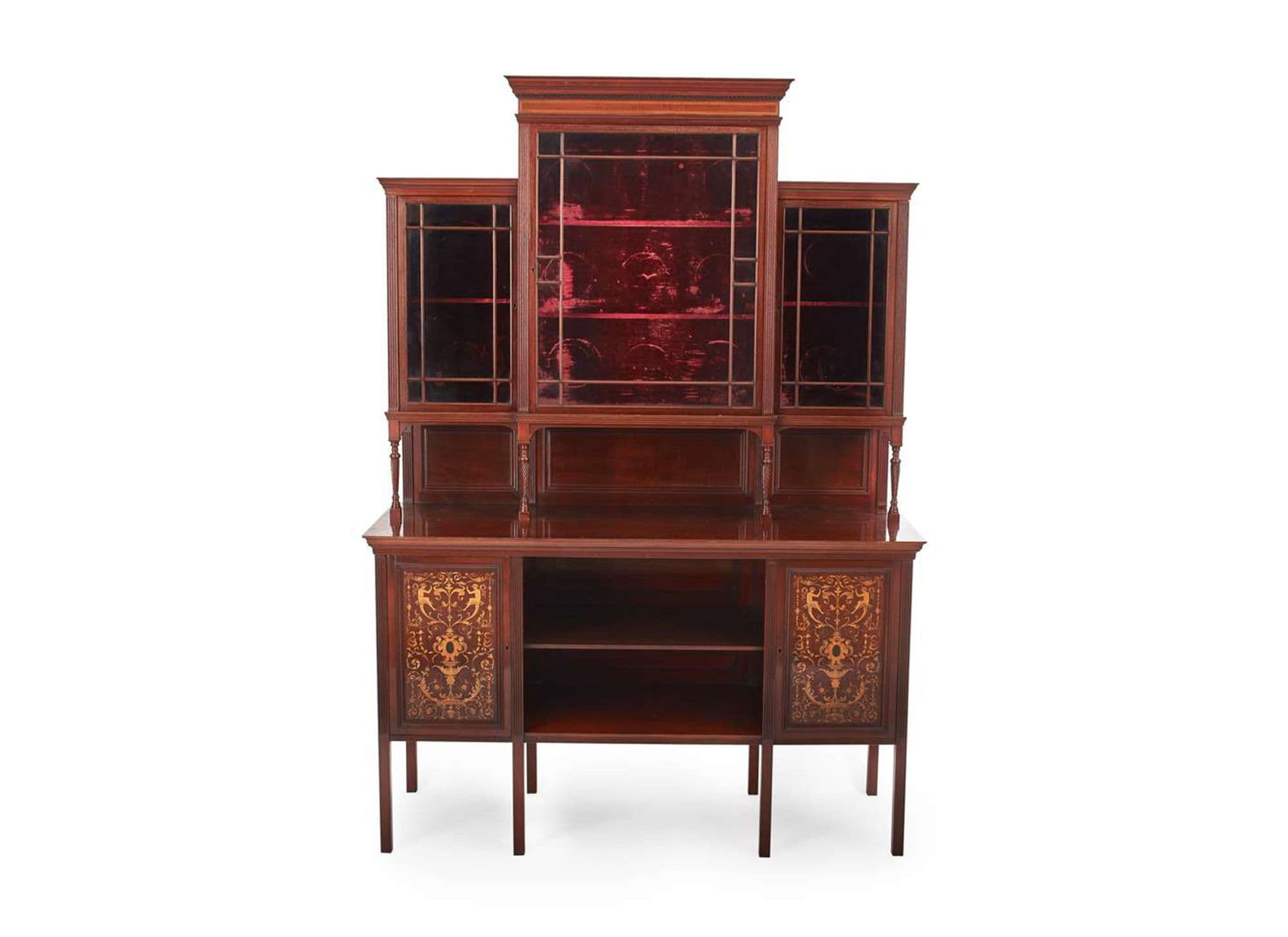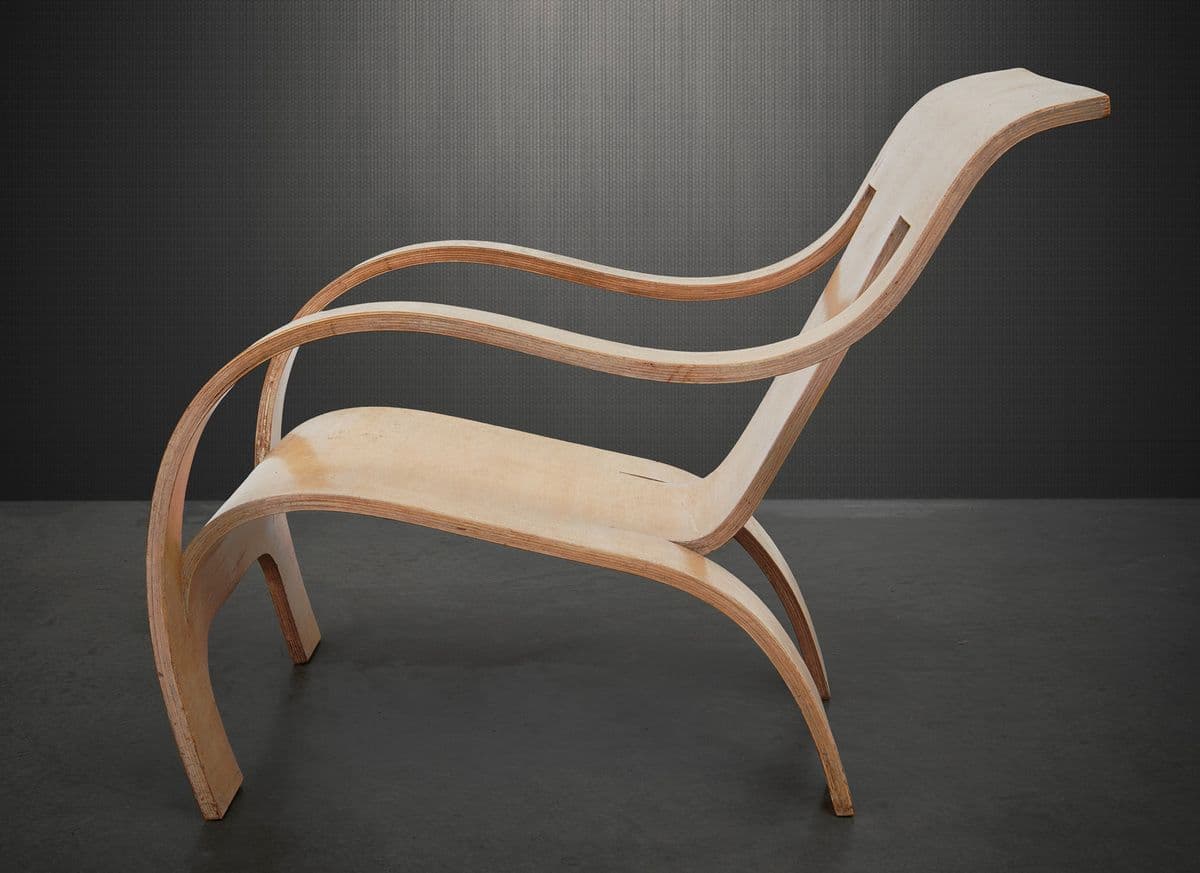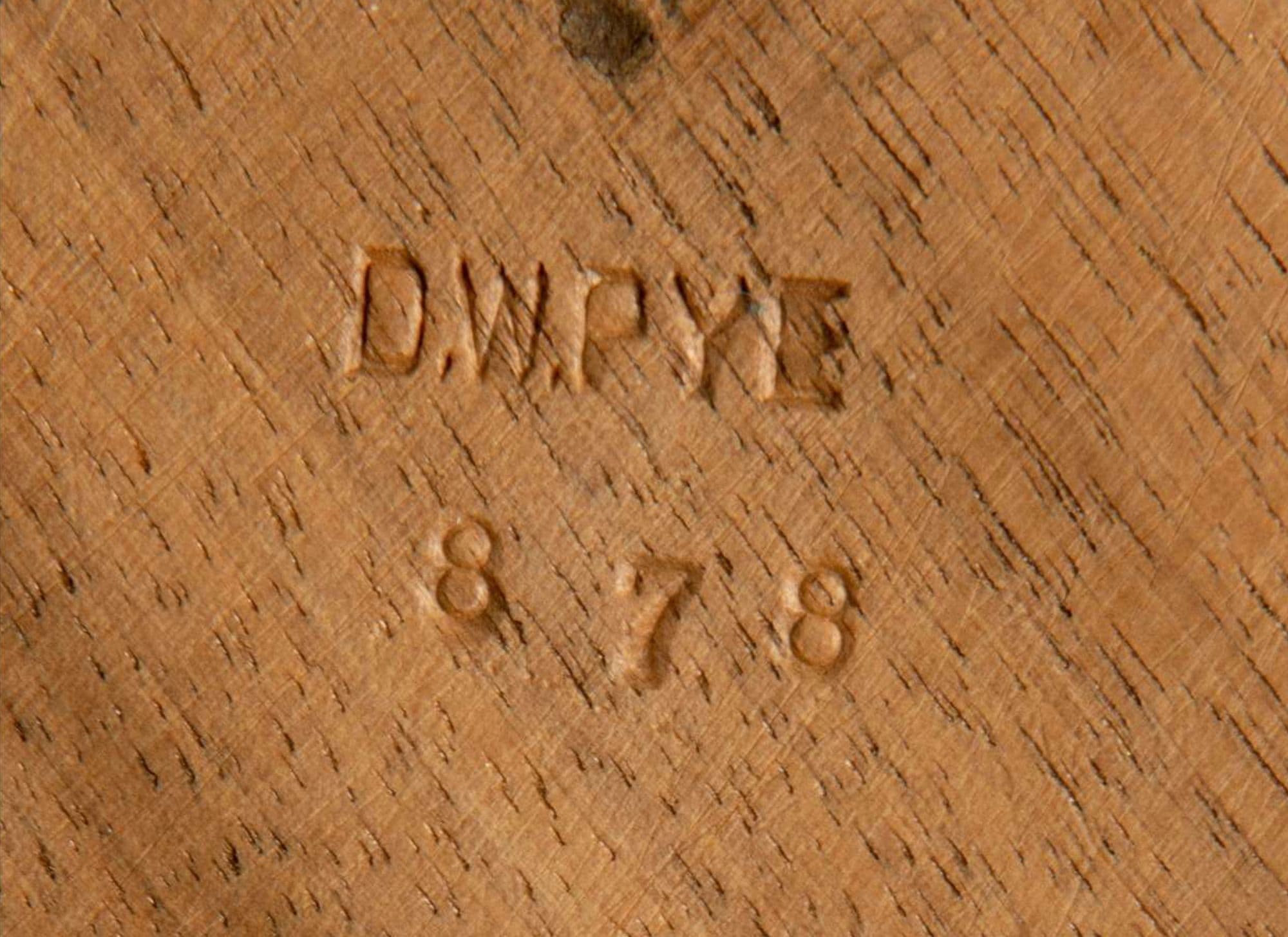Robin Day was considered one of the most significant British designers of the 20th Century, with a career that lasted seven decades. He trained as a furniture and industrial designer at the Royal College of Art in London, where he met his wife the furniture and print designer Lucienne Day.
Day came to the fore after winning the Chartered Society of Designer’s Minerva medal at The Festival of Britain in 1951. After the austerity of the Second World War, he believed in the influence that modern furniture and design could have on people’s lives to uplift and make the world a brighter and better place. He dedicated his career to producing and designing low-cost, but ‘high tech’, mass-produced furniture for a wide public.
Day’s designs were often lightweight, trimmed down, and had a modern and elegant feel to them, in a sharp contrast to the solid and heavy furniture of the pre-war years. His 1963 Polypropylene chair produced by Hille, fulfilled all these criteria and was an international hit, spawning countless copies.
He went onto create many iconic designs - the 675 armchair, slatted bench and Avian series to name a few - and for decades many of his designs held prestigious positions in Tate Britain, the auditorium of The Barbican and in London Underground due to their durability, comfort and style.
